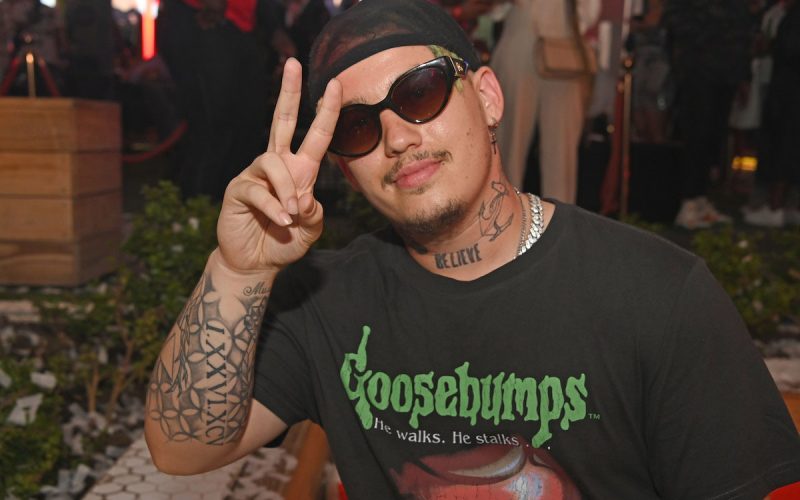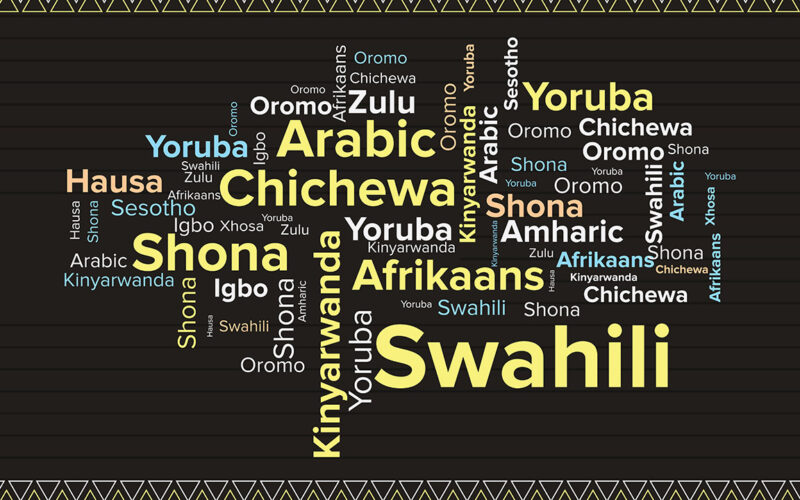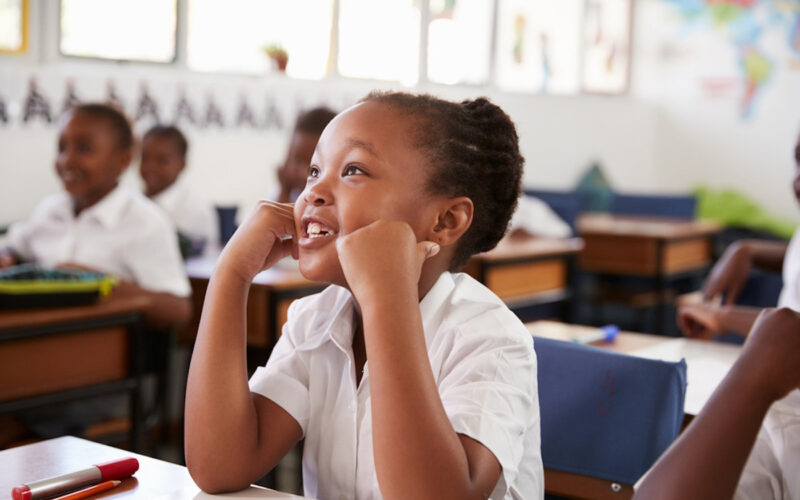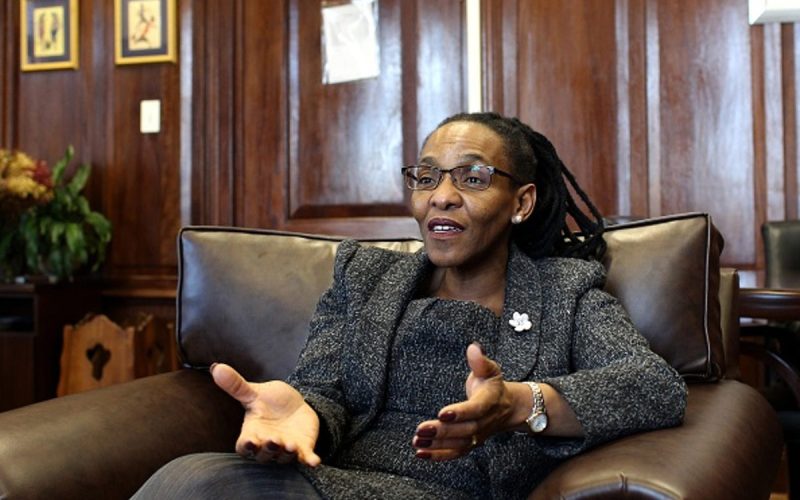
Costa Titch: the rising white South African rap star who embraced black hip-hop culture
RISING 28-year-old South African dancer and rapper Costa Titch (born Costa Tsobanoglou) died after collapsing on stage on 11 March while performing in Johannesburg. Costa Titch entered the entertainment world as a dancer with Cassper Nyovest, another South African hip-hop megastar, before trying his luck as a rapper, often dabbling in the country’s amapiano dance music genre. He had a huge hit with his track Big Flexa and was destined to shine bright on the country’s music scene. Author SANYA OSHA, Senior Research Fellow, Institute for Humanities in Africa, University of Cape Town Being white, Nelspruit-born Costa Titch brought new…



